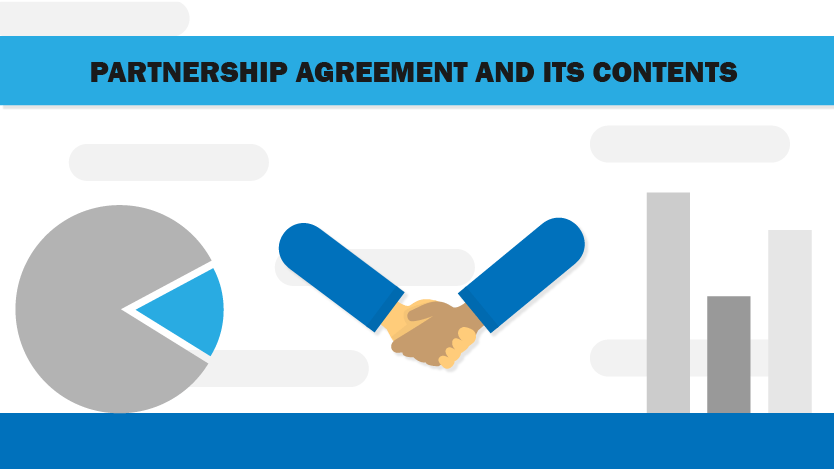Protect Yourself from the Sneaky Consumer Scams in Nigeria

Scams have become an unfortunate reality in today’s digital world, and Nigeria has had its fair share of consumer scams. With advancements in technology and the rise of online transactions, scammers have found new and sophisticated ways to deceive unsuspecting individuals.
According to recent statistics, Nigeria is among the top countries where consumer scams are prevalent, with thousands of people falling victim each year. To protect yourself and your hard-earned money, it is crucial to stay vigilant and be aware of the common scams and techniques employed by fraudsters.
In this article, we will explore the sneaky consumer scams in Nigeria and provide you with practical tips on how to protect yourself.
The Advance Fee Fraud (419 Scam)
One of the most notorious scams originating from Nigeria is the Advance Fee Fraud, also known as the “419 scam.” This scam involves the scammer promising a large sum of money to the victim, often through email or social media platforms. The catch is that the victim needs to pay a small fee or provide personal information upfront to release the funds. However, once the money or information is provided, the scammer disappears, leaving the victim empty-handed.
To protect yourself from the 419 scams, it is essential to remember the following tips:
- Be cautious of unsolicited emails or messages promising substantial financial rewards.
- Never share personal information or send money to unknown individuals.
- Verify the legitimacy of any financial offers through thorough research and consultation with professionals.
Also Read: The Top Frauds and Scams Targeting Senior Citizens: How to Protect Yourself
Online Shopping Scams
With the increasing popularity of online shopping, scammers have found new ways to exploit unsuspecting consumers. Online shopping scams typically involve fraudulent websites or sellers who advertise popular products at incredibly low prices to attract potential buyers. Once the payment is made, the buyer either receives a counterfeit or substandard product or never receives anything at all.
To safeguard yourself from online shopping scams, consider the following precautions:
- Shop only from reputable online retailers or sellers with positive customer reviews.
- Verify the website’s security by looking for “https://” and a padlock symbol in the URL.
- Avoid making payments through insecure methods like wire transfers or money orders.
- Use secure payment platforms that offer buyer protection, such as PayPal or credit cards.
Lottery and Sweepstakes Scams
Lottery and sweepstakes scams often prey on people’s desire to win big prizes or financial windfalls. Scammers reach out to victims through phone calls, emails, or text messages, claiming that they have won a substantial sum of money or a luxury prize. To claim the winnings, the victim is asked to pay taxes, processing fees, or provide personal information.
To protect yourself from lottery and sweepstakes scams, keep the following in mind:
- Legitimate lotteries do not require winners to pay fees to claim their prizes.
- Be skeptical of unexpected notifications or requests for personal information.
- Do not share your banking details or send money to claim a prize.
- Verify the authenticity of the lottery or sweepstakes by contacting the official organization directly.
Romance Scams
Romance scams have gained popularity in recent years, as scammers take advantage of individuals seeking companionship or love through online dating platforms. These scammers often create fake profiles and develop emotional connections with their victims. Once trust is established, they manipulate the victim into sending money or providing financial assistance for various reasons.
To avoid falling victim to romance scams, consider the following precautions:
- Be cautious when interacting with individuals you’ve met online, especially if they ask for money.
- Avoid sharing personal or financial information with someone you haven’t met in person.
- Conduct reverse image searches to check if the profile picture is stolen or fake.
- Trust your instincts and be skeptical of anyone who rushes into a romantic relationship or makes excessive financial demands.
Conclusion
Consumer scams in Nigeria continue to be a significant concern, but by arming yourself with knowledge and adopting preventive measures, you can protect yourself from falling victim to these sneaky schemes. Remember to stay vigilant, verify the legitimacy of offers, and be cautious when sharing personal or financial information.
By maintaining a healthy level of skepticism and utilizing secure platforms for transactions, you can reduce the risk of becoming a victim of consumer scams. Together, we can create a safer digital landscape and ensure that scammers find it increasingly difficult to prey on unsuspecting individuals.


